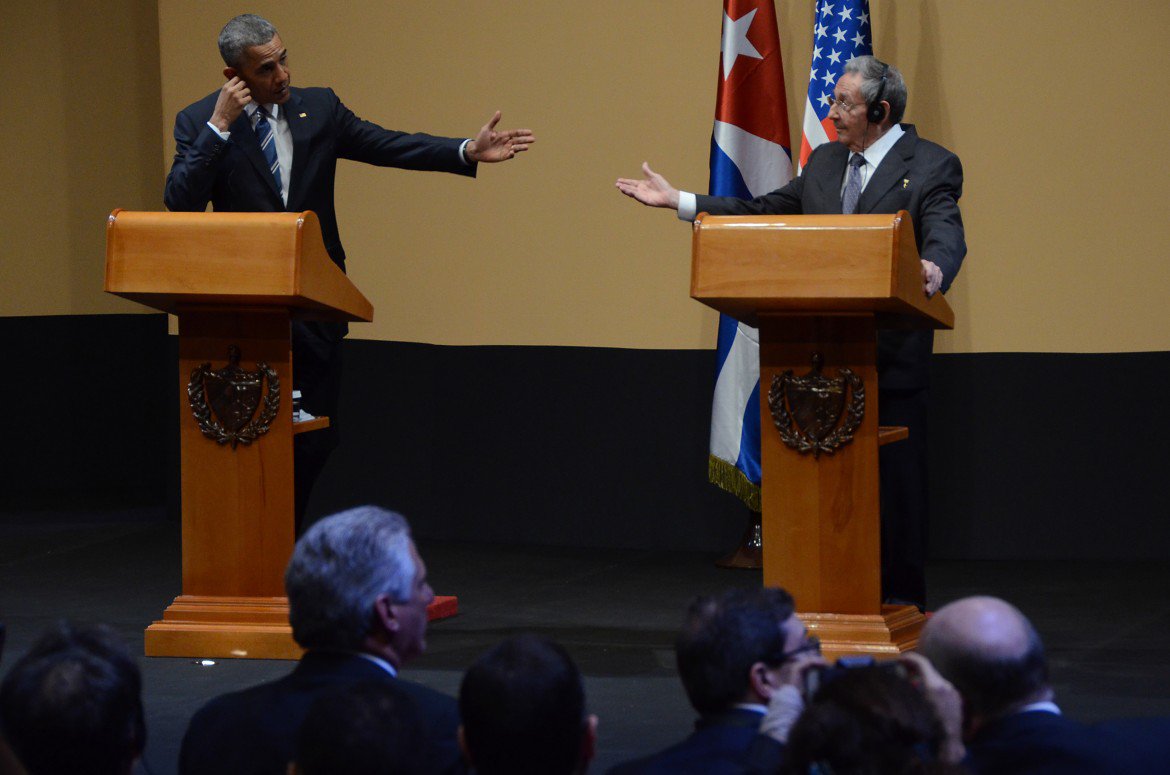Analysis
With U.S. purchase of charcoal from Cuba, door opens for much-needed trade
Charcoal produced in Cuba is a small but innovative niche in an economy growing much slower than it could. But even as foreign trade with the U.S. begins this week, major bureaucratic obstacles remain.

Two days before the inauguration of Donald Trump and after half a century of severed trade relations between the two countries, the first Cuban commercial product will arrive in the United States: 40 tons of charcoal, produced by cooperatives here on the Caribbean island and sold to a U.S. company.
Despite the 50-year embargo, a decree from President Obama allows Cuban cooperatives and private businesses — but not state companies — to export their products to the States.
The measure is meant to strengthen Cuban civil society and is one of several entering into force on Thursday, ahead of Trump’s first day in office, in order to make it more difficult for him to reverse the normalization process. One or more cooperatives will sell their products to the state agency CubanExport, which will then send them to the U.S. buyer.
Charcoal is produced on the island in artisan kilns with marabú wood, a hard and thorny shrub that has invaded thousands of acres of uncultivated lands on the island. Until a few years ago, it represented a headache for the small farmers who had joined a program launched by President Raúl Castro to take over unused land and commit themselves to making them productive.
Today, the production of charcoal using marabú is a small but interesting commercial niche, for one, because the raw material is free and plentiful. But also because the poverty and exploitation of charcoal producers under the Batista dictatorship drove them to join the revolution. Now, a charcoal producer earns about €150 per month, six times the average salary. Cuba sells about 80,000 tons of charcoal, largely exported by a Spanish company (Ibecosol) to 10 countries, mainly in Europe.
The American company that purchased the Cuban product is owned by Scott Gilbert, the lawyer who defended the U.S. contractor Alan Gross when he was imprisoned in Cuba on espionage charges. Despite the modest volume of charcoal business, it could open the way for the sale of other products to the United States, such as coffee or honey, said Isabel O’Reilly, director of CubaExport.
For Cuba it is urgent to start doing business with the U.S. Its largest trading partner, Venezuela, is experiencing a deep political and economic crisis and has cut supplies of crude oil to the island, helping to send Cuba plunging into recession. Growth in 2016 was 0.9 percent compared with the official forecast of 2 percent, and this year experts see no way out without foreign investment. To raise the growth rate to 4 percent or 5 percent would require at least $2.5 billion in foreign investment, according to the Minister of Foreign Trade. Last year, investments totaled $500 million.
In other words, economic growth is well below the island’s expectations and its potential. The special economic zone at the Port of Mariel, one of the government’s major hubs of development, has received investment proposals from more than 100 foreign companies over the last two years but approved only a dozen. The government attributes this to “an excess of caution” when assessing foreign projects.
So much caution, in fact, that Raúl Castro himself intervened in the December session of the National Assembly of People’s Power to speed things up. The president has made clear that socialism, if it is to be “prosperous and sustainable,” must involve an increase in capacity. “We must overcome the obsolete mentality prejudiced against foreign investment,” he said. According to the Cuban press, the charcoal contract, even though it was worth less than $17,000, was signed only “after lengthy negotiations.”
Bureaucratic difficulties — in essence policies — are a burden on the development of small businesses managed by private individuals (cuentapropistas). Last year there were 535,000 small business owners, many of them in food service or lodging for foreign tourists. A Communist Party document has announced the government’s intention to give these small businesses legal validity, opening them up to state contracts or overseas deals. But so far nothing has been done. The cuentapropistas don’t even have a wholesale market to rely on. So they buy supplies from normal supermarkets, where goods “disappear” in a hurry and where it’s becoming increasingly difficult to find widely consumed products.
Originally published at http://ilmanifesto.info/carbone-vegetale-primo-prodotto-cubano-venduto-agli-usa/ on 2017-01-15
